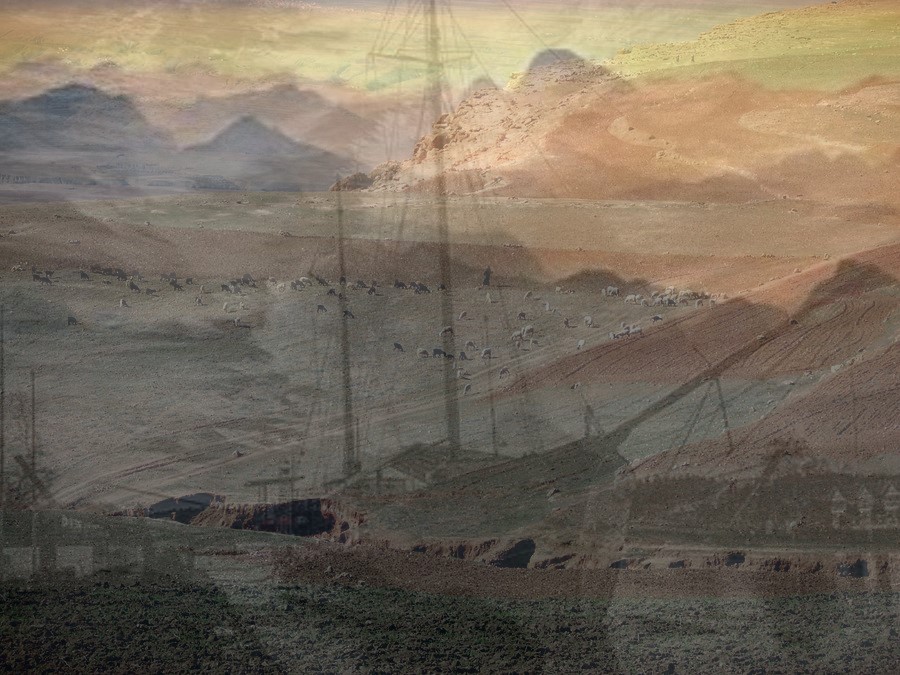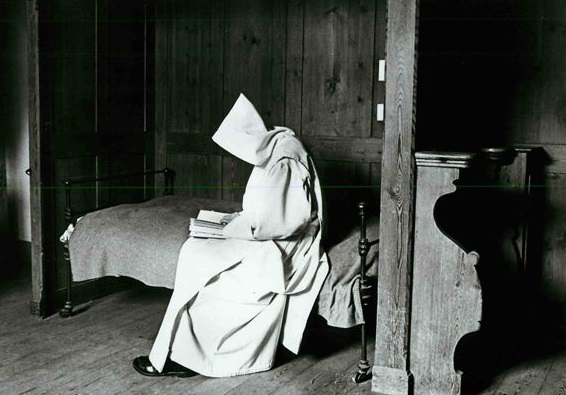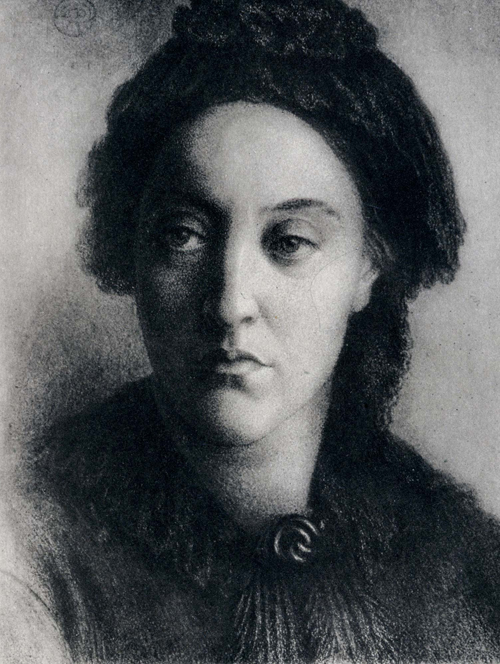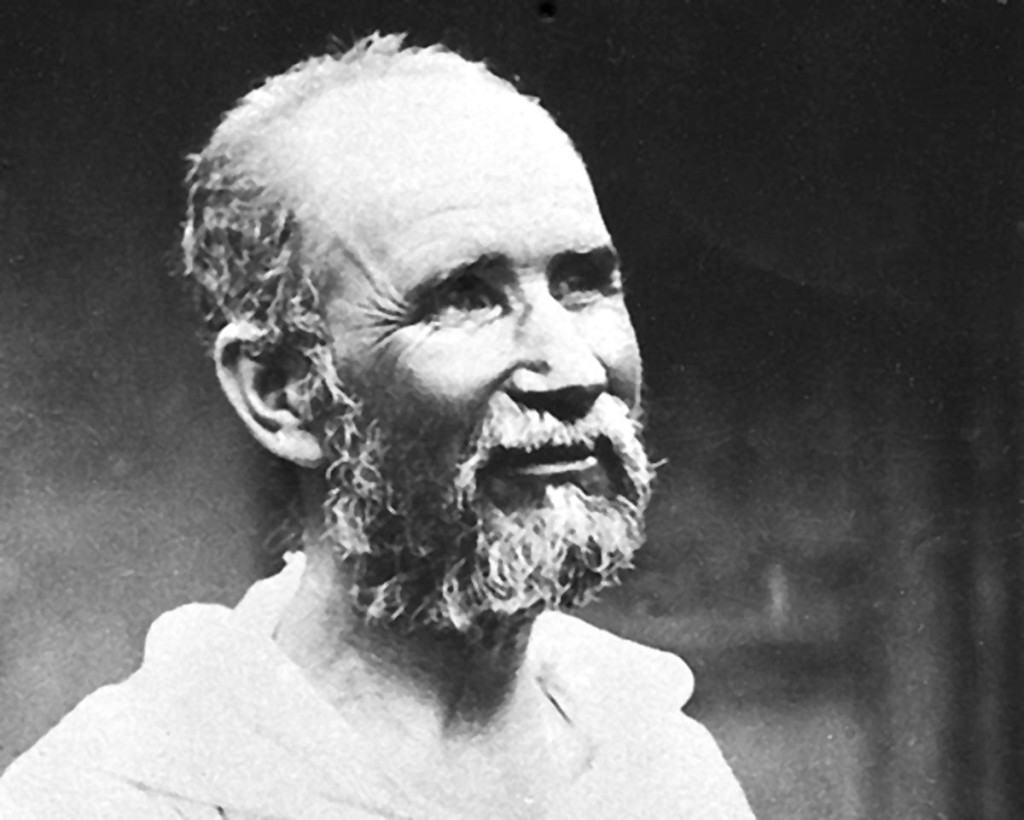a poem by Christina Rossetti
Come to me in the silence of the night;
Come in the speaking silence of a dream;
Come with soft rounded cheeks and eyes as bright
As sunlight on a stream;
Come back in tears,
O memory, hope, love of finished years.
Oh dream how sweet, too sweet, too bitter sweet,
Whose wakening should have been in Paradise,
Where souls brimfull of love abide and meet;
Where thirsting longing eyes
Watch the slow door
That opening, letting in, lets out no more.
Yet come to me in dreams, that I may live
My very life again tho’ cold in death:
Come back to me in dreams, that I may give
Pulse for pulse, breath for breath:
Speak low, lean low,
As long ago, my love, how long ago.
For many years she (Christina Rossetti) had been an invalid, and lived a life of singular seclusion in Torrington Square, one of the dreariest and least romantic of London thoroughfares. Latterly she had been an acute sufferer from a wearing disease, borne with silent fortitude.
One after another, her mother, and the two aunts to whom she devoted her tenderest care, were taken from her; and her brother William Michael, the critic and editor of Shelley, was the only survivor of the brilliant circle in which her life began.
Her fervent religious faith, inspired and matured by desolate experience, had nothing dreary or undecided about it; it issued in a sedulous dutifulness and a patient devotion that were the best proof of its sincerity.
Literary Ladies Guide






Recent Comments